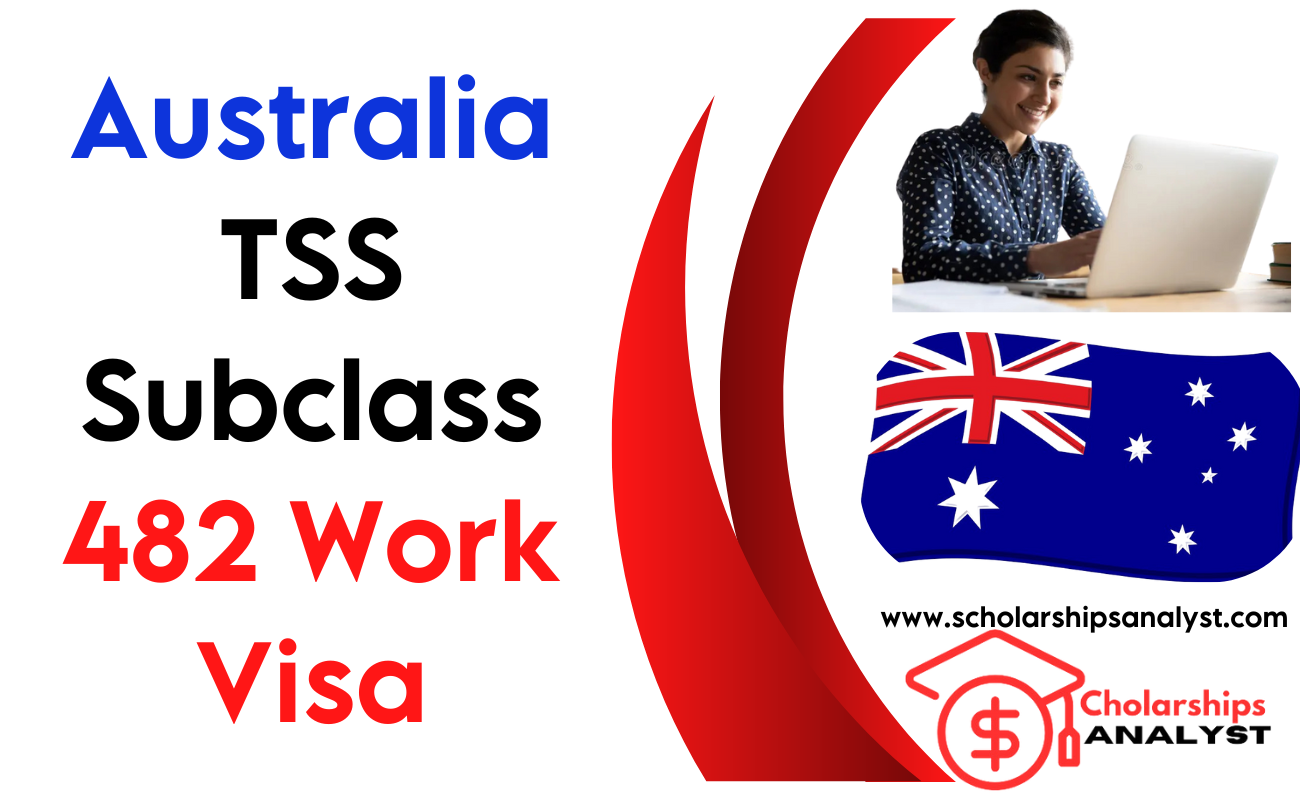Table of Contents
In a significant effort to expand its skilled labor force, Australia has introduced a series of changes to the Subclass 482 Temporary Skills Shortage (TSS) visa, effective from November 24, 2024, pending parliamentary approval. These reforms aim to streamline the application process, making it more accessible for skilled workers. Here’s an overview of the key updates, their implications for applicants, and how they could impact employers and the broader Australian workforce.
Updates to the TSS 482 Visa Effective November 24, 2024
1. Reduction in Work Experience Requirement
One of the most impactful changes is the reduction in required work experience from two years to one year. This adjustment lowers entry barriers, particularly benefiting recent graduates and professionals with shorter work histories. Applicants will need to present proof of relevant experience in their field or a related area. In cases where formal qualifications are lacking, additional work experience might be required, taking into account the applicant’s skills, qualifications, and recent job history.
2. Removal of the Five Year Time Restriction
The new policy removes the stipulation that work experience must have been acquired within the last five years. This change allows applicants to count earlier work experience, which broadens eligibility for those who may have gained relevant skills at earlier career stages.
3. Inclusion of Part-Time and Casual Work
In a major shift, the policy now recognizes relevant part-time and casual work as valid work experience, provided it aligns with the applicant’s occupation. Previously, only full-time employment was eligible, excluding many skilled candidates from sectors reliant on casual labor, such as healthcare and hospitality.
4. Acceptance of Non-Continuous Work Experience
The revised policy allows for non-continuous work experience, meaning applicants with gaps in their employment can still qualify, as long as the total duration of relevant experience adds up to at least one year. This change accommodates individuals with varied career paths or employment breaks, expanding eligibility.
Implications of the TSS Visa Updates for Applicants and Employers
Increased Accessibility for Skilled Workers
The reduction to a one-year work experience requirement and the acceptance of part-time, casual, and non-continuous work make the TSS 482 visa more accessible. This is especially beneficial for recent graduates and professionals with diverse career histories or non-standard employment patterns.
Smoother Transitions for Temporary Workers
These changes simplify the transition process for individuals currently in Australia on temporary visas or shifting roles, facilitating easier pathways to permanent or extended employment. Temporary workers or those in short-term contracts can now more easily secure sponsorships for roles that support long-term residency.
Benefits of the TSS 482 Visa Reforms
Addressing Skill Shortages in High-Demand Sectors
With the lowered experience threshold and acceptance of varied work types, Australia aims to address skill shortages more efficiently, particularly in critical fields like healthcare and IT. This broadened pool of skilled professionals strengthens Australia’s labor market, enhancing its competitive stance globally.
Enhancing Workforce Diversity
Recognizing part-time and casual work promotes a more diverse workforce, reflecting modern employment trends. This inclusive approach supports equitable opportunities for skilled workers from non-traditional backgrounds and sectors where part-time and casual employment are common.
Opportunities for Employers
The updates to the TSS 482 visa provide employers with access to a broader selection of qualified candidates, facilitating quicker recruitment and more effective fulfillment of roles essential to economic growth. Businesses can more readily recruit skilled workers, benefiting sectors with pressing labor demands.
FAQs on the Revised TSS 482 Visa
1. What is the TSS 482 visa? The Temporary Skill Shortage (TSS) Subclass 482 visa allows Australian employers to sponsor foreign workers to fill positions that cannot be filled by local talent. It is a temporary visa that provides a pathway for skilled workers to live and work in Australia.
2. When will the new changes to the TSS 482 visa take effect? The announced changes to the TSS 482 visa will take effect on November 24, 2024, pending approval by the Australian Parliament.
3. What is the new work experience requirement under the updated TSS 482 visa? The work experience requirement has been reduced from two years to one year. This adjustment allows more skilled workers, including recent graduates and professionals with shorter work histories, to qualify for the visa.
4. Can part-time or casual work be counted toward the work experience requirement? Yes, under the updated policy, relevant part-time and casual work experience will now count toward fulfilling the work experience requirement, provided it aligns with the applicant’s occupation.
5. Is continuous work experience necessary for the TSS 482 visa? No, continuous work experience is no longer mandatory. Applicants can present fragmented work histories as long as the total duration of relevant experience is at least one year.
6. Do I need to gain work experience within a specific timeframe to qualify? No, the updated TSS 482 visa removes the previous requirement that work experience had to be gained within the last five years. Applicants can now count work experience from earlier career stages.
7. How does the updated TSS 482 visa impact current temporary visa holders in Australia? The updated TSS 482 visa facilitates a smoother transition for temporary visa holders who want to shift to more permanent or extended employment. It simplifies the process for workers moving between temporary roles and sponsored positions that may lead to long-term residency.
8. What sectors are likely to benefit most from these changes? The changes are particularly beneficial to sectors with significant skill shortages, including healthcare, IT, and industries reliant on casual or part-time labor, such as hospitality.
9. How do these changes benefit employers in Australia? Employers can access a larger pool of qualified candidates, speeding up recruitment and allowing businesses to fill critical roles more efficiently. This is especially useful in high-demand sectors where skill shortages are common.
10. Can applicants without formal qualifications still apply for the TSS 482 visa? Yes, but additional relevant work experience may be required for applicants without formal qualifications. The exact requirements depend on the applicant’s skill level, qualifications, and recent work experience.
11. Where can I find more information about the TSS 482 visa changes? You can visit the Australian Department of Home Affairs website for more detailed information on the TSS 482 visa and its recent updates.




Leave a Comment